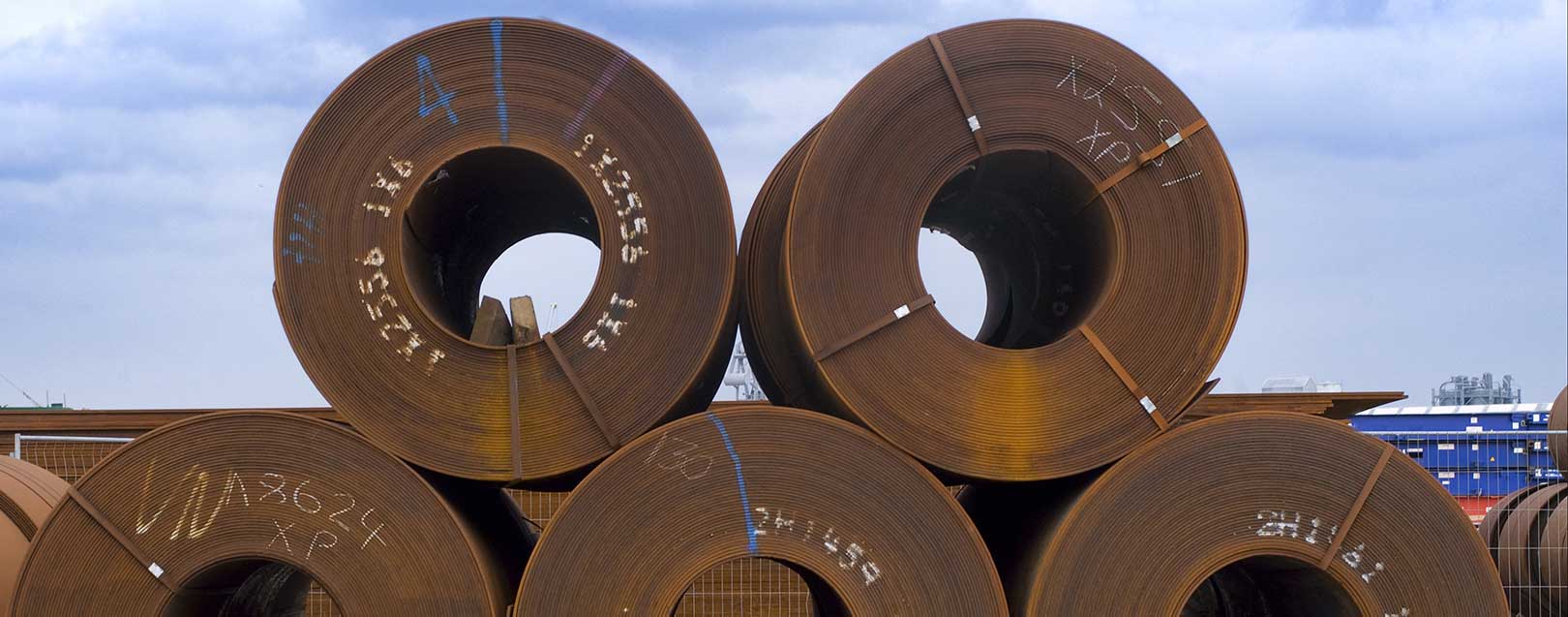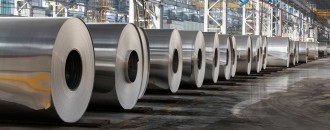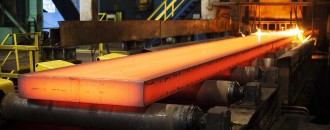
CII favours short-term protection of steel industry
PTI
A temporary protection of the Indian steel industry against cheap Chinese imports is acceptable but in the long run the country is capable enough of competing with its global peers, an industry body said today.
"If protection is temporary, it is acceptable. In the long term it (country) has to do away with the protections," CII president Naushad Forbes said here today in a media interaction.
He was replying to a question on protection sought by the Indian steel industry against Chinese dumping. The Indian government has imposed protection in the form of safeguard duty and minimum import price.
Forbes justified protective tariff for the steel industry in the 'short run' to make it competitive locally. However, he said protection results in consumers paying higher cost of goods.
Tata Steel India head and CII regional chairman T V Narendran also pointed that the domestic steel industry was not unique in seeking protection and in the medium to long term there is no problem and it (Indian steel industry) can compete as it has always competed.
"India is not unique and everyone in the world is taking action. It is normal. Anti-dumping takes time and for that temporary measures are taken. Eventually, whatever is WTO complied duty, is justified. We do not see in the long term," Narendran said.
He further said: "Nobody was speaking on protection before January with 0 to 5 per cent import duty. There is a sudden problem in China. Should you protect investors building capacity and when you are promoting make in India?"
On GST, he said, the maximum rate of around 18 per cent would be fine.
"GST rate at 18 per cent would be a good revenue neutral rate. And it would not be so high that it would damage the consumption of goods, markets for goods and be inflationary," Forbes said.
He said this would lead to an increased collection of taxes. It is the right rate from consumption and long term tax buoyancy in collection.
Forbes hoped that investment cycle should begin by year-end after a lull of five years.
Fresh investment from the private sector was not picking up due to slowdown and over capacity, he said.






 to success.
to success.